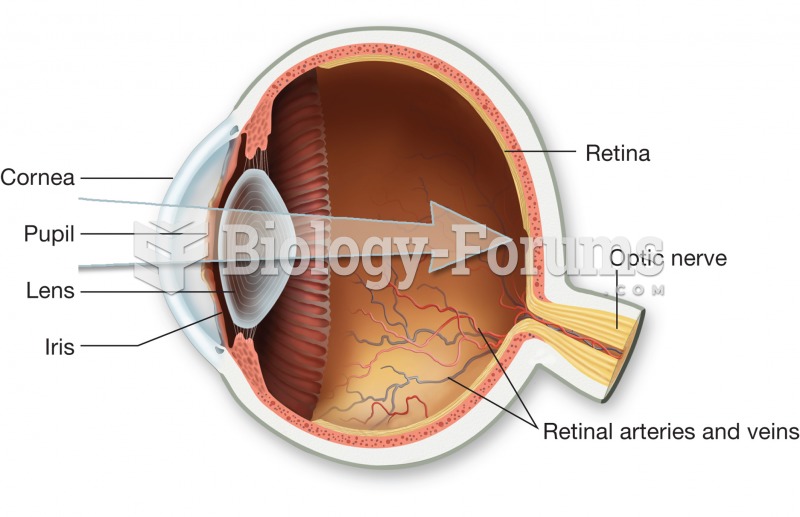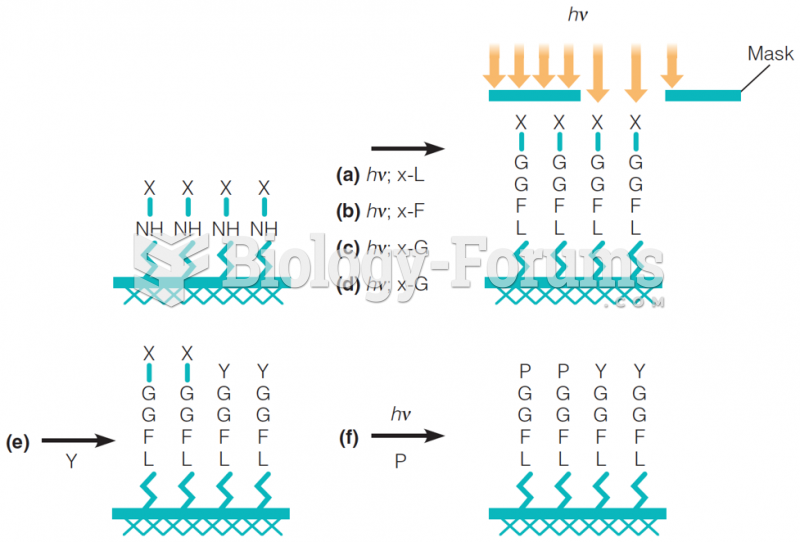Answer to Question 1
The statement appears to be accurate. The Greyhound employees were entitled to select their own bargaining representative under Section 7 of the Act. Greyhound usurped this right when it set up and recognized a committee that in no way was an exclusive agent of the employees, loyal to employees' interests. And, the employer intended to create the appearance that the Committee was the agent of the employees and loyal to their interests.
Answer to Question 2
Ordinarily a coworker witness is just that, a witness. He or she can listen to what is said, and if need be, confirm or deny statements or discussions made at the interview at any subsequent proceeding. The fact that a coworker, in good standing, is present gives the interview process an element of fairness. The employer is nevertheless in charge, with the power to terminate the interview and continue its investigation without the presence of the employee, as it sees fit. The transparency of simply having a coworker witness may result in the avoidance of unjust discipline that may occur when two or more management personnel team up against an individual employee in a private interview unwitnessed by an observer. Indeed, if justifiable discipline is administered subsequent to an interview where a coworker witness is present, the coworker may well recognize the appropriateness of the discipline and be a credible voice supportive of management. If, on the other hand, management teams conduct investigatory interviews in private and disciplined employees feel unfairly treated, morale of coworkers is adversely affected and there may be sufficient suspicion and momentum in the workplace to seek union representation in order to attain the mutual aid or protection promised in Section 7 of the NLRA.







